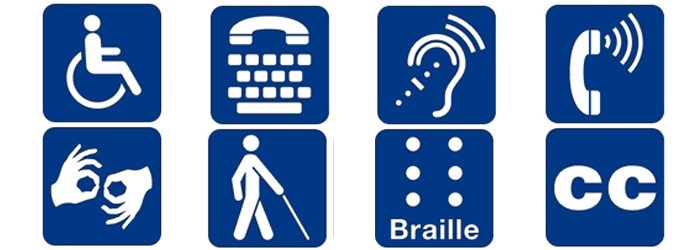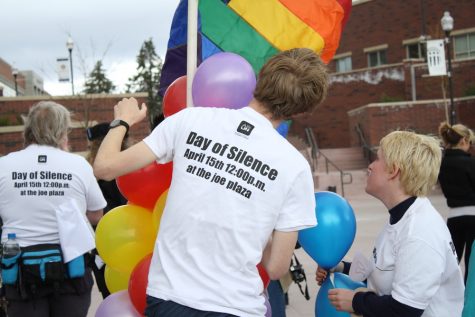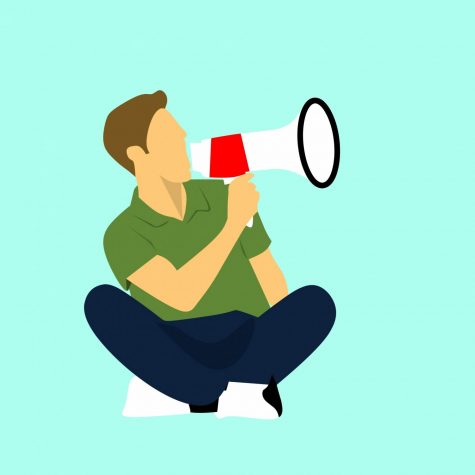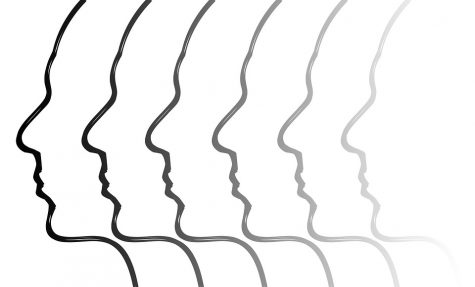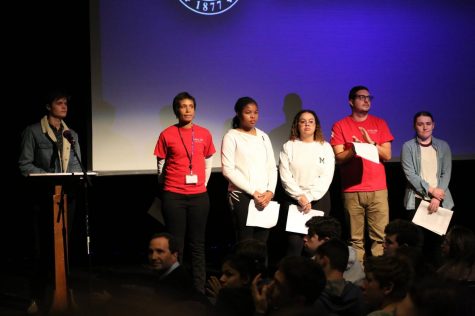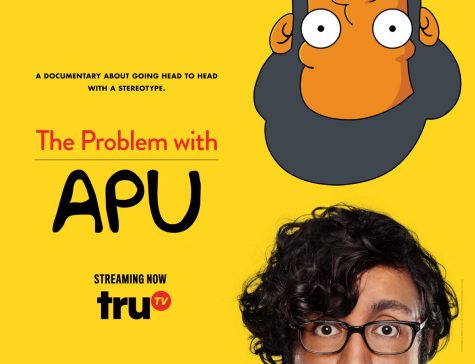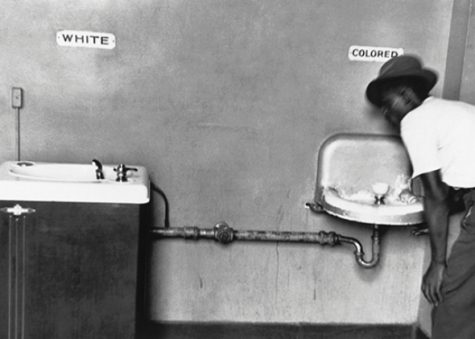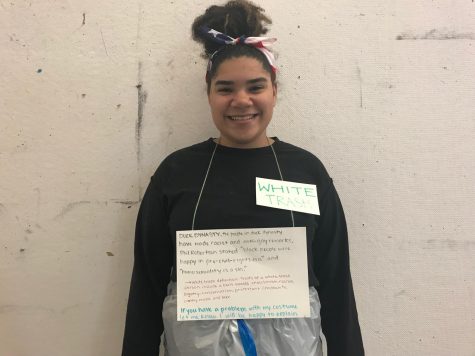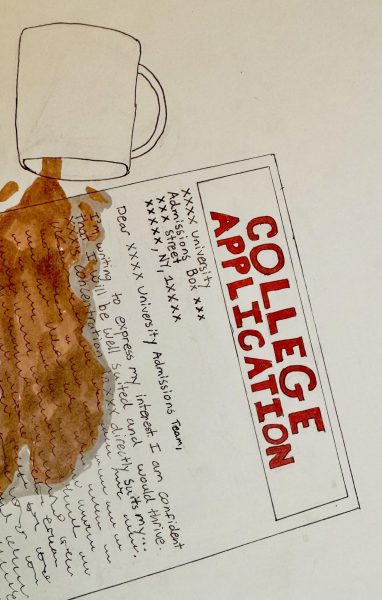Why is ability ignored?
February 10, 2018
People often forget that ability is a social identifier. I never even really thought about it myself, until I met new friends and started talking about ability in Diversity Ambassadors. Growing up, I knew it was something that existed: people with learning disabilities like dyslexia, ADD, and ADHD. These were normalized through media and with classmates. But, I find attitudes towards people with other disabilities, especially physical disabilities, are often not accepted in the way that ADHD or ADD are.
This is especially apparent in a school setting. When I was younger, the lack of normalization of people with physical disabilities left me with the impression of the disabled as “other”, and admittedly, people who cannot assimilate into “regular” society and “the real world”. I can recognize now that obviously that a mindset like that is detrimental and wrong; sure people with disabilities may have a harder time assimilating because the world is an able man’s world, but that doesn’t mean they don’t have the capability to do such.
Disabled people are just as human as everyone else and often I observe that people automatically become uncomfortable around people who are visibly disabled. This attitude is exemplified on the train, in the grocery store, and at the bagel shop. People often steer clear of the physically disabled and look with eyes of pity from afar. Treating them as “fragile” only alienates them more.
At school, people, like myself, are quick to talk about identifiers like race, ethnicity, and gender, but ability is often forgotten and left out from the discussion. When people within our community address issues surrounding notions about disability, people often disregard the idea and forget about it, since there’s somewhat a lack of representation at Masters. Disability isn’t supposed to be an area of shame, and we shouldn’t treat it as such. Disability shouldn’t be seen as such a distant and removed thing from our daily lives. Intersectionality is most important when coming to understand privilege and societal ideals but ability is never really spoken about and I hope I can change that in my own conversations, as well as for other people to change that in their conversations.



